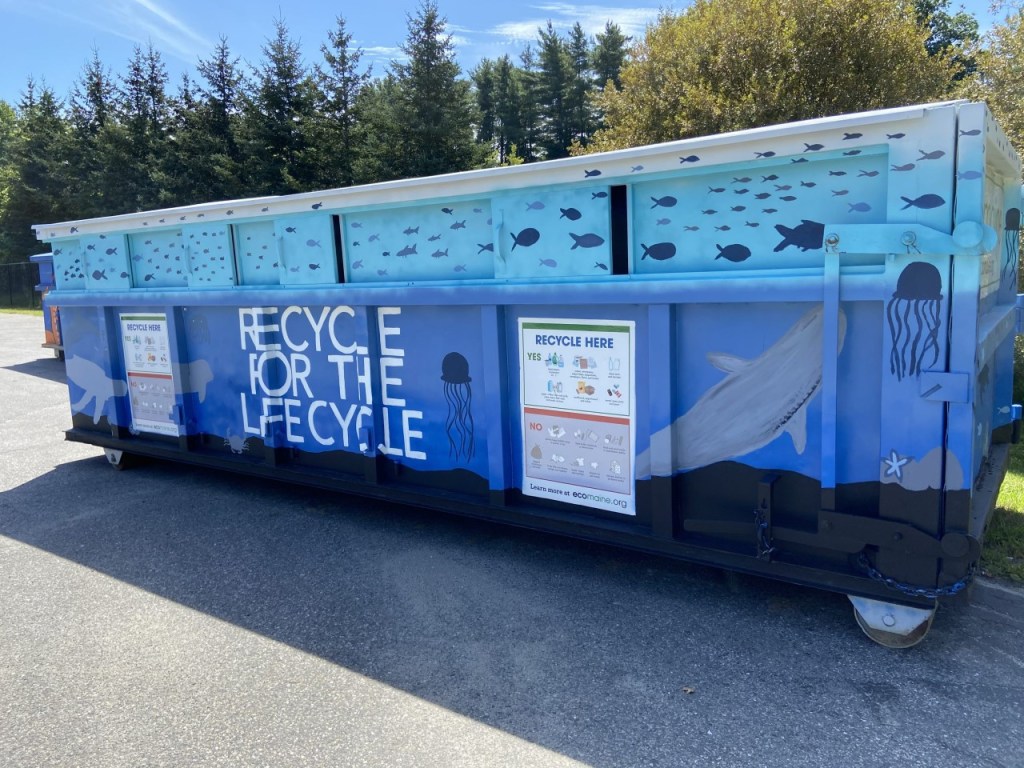Bussiness
Business groups ask state to pause regulatory process in new recycling rules

Business associations urged Gov. Janet Mills to pause action on a new law designed to reduce packaging waste in order to bring Maine’s proposed rules into line with other states that have enacted similar laws.
The law is designed to make corporations cover the cost of disposing of hard-to-recycle packaging by reimbursing municipalities for disposal costs and investing in recycling infrastructure statewide.
Under the law, companies that produce packaging materials must pay into a fund managed by a third-party stewardship organization contracted by the Department of Environmental Protection. Charges would be based on packaging type and the weight of packaging that companies produce. Mills signed the law in 2021, but the state Board of Environmental Protection is currently determining the exact rules for its implementation.
However, the leadership at a half-dozen groups, including the Maine State Chamber of Commerce, said the board’s latest set of proposed rules could create uncertainty and undue hardship for businesses in a letter sent to Mills’ office Monday.
“While the stated purpose of this law is a positive one that we all support, the implementation of this law is proving to be incredibly challenging and frustrated by significant issues and flaws,” the groups said in the letter.
The board will consider its currently proposed set of rules at its regular meeting Thursday. The meeting begins at 9 a.m., and members of the public can provide comment in person.
The proposed rules mandate that, in the case of readily recyclable materials, for each ton manufactured producers must pay the average cost of “recycling, reusing and composting” the material type during the prior year.
But the fees are much steeper for materials that are not readily recyclable: twice the average per-ton cost “of the most expensive readily recyclable packaging material type during the prior calendar year.” That becomes three times the cost between 2031 and 2040, four times the cost from 2041 to 2050 and five times the cost from 2051 onward.
Producers also would be made to pay a fee for products that do not contain certain proportions of post-consumer recycled materials.
The associations argue that this creates a punitive structure which could rapidly increase the cost of doing business in Maine.
“Nobody, including the department and the law’s supporters, has any idea how much this program will cost,” they said in the letter.
Opponents have long argued that the law could stifle business in Maine.
Chamber of Commerce CEO Patrick Woodcock said the new rules are creating uncertainty for business owners planning their 2026 budgets.
“Maine should consider alignment with other states that are implementing the extended producer responsibility programs with clear cost controls and with additional flexibility for producers, while maintaining the program’s worthy requirement of reducing waste,” Woodcock said in a statement.
They further say that Maine’s approach seems to focus on directing the entire recycling system, rather than working more closely with packaging companies to determine its funding mechanism and systems, as four other states have done.
“Maine’s law is entirely out of step with the four other states that have passed EPR laws and it will cause this program to be incredibly burdensome on companies and municipalities that try to implement its mandates,” they say in the letter.
While Maine was the first state to pass legislation extending producer responsibility of packaging, Minnesota, Colorado, Oregon and California have all since passed and implemented their own laws.
This story will be updated.










